Too Soon?
An Interview with Ms. Lukens about Historical Satire
Many people may have poked fun at history before, but there is an issue with it. What is the problem with jokes and general entertainment about history? To see the problem, here is a Saturday Night Live skit called Jackie Robinson – SNL that anyone can view. In the skit, the comedians are not experts who have studied like civil rights history for years as their career, which Jackie Robinson’s story showcased in the field of sports. Thus, they could potentially pervert the original events to an extent that can be unintentionally harmful to the depiction event. Luckily, we have many ways to access experts who do know the importance and handling of history. One of those experts is Ms. Lukens of Dakota High School. She is the ninth grade A.P. World History teacher at Dakota High School and, therefore, must have a vast knowledge of history. Here is her take on depicting history based on a recent interview she participated in:
Question: How long have you studied world history?
Lukens: “This is my 23rd year teaching world history.”
Question: What is your opinion on how pop-culture may depict history?
Lukens: “While I believe there are many positive outcomes when pop culture depicts history, such as exposing young people to topics that they would otherwise not be aware of BUT I feel that it is critical for pop culture to be sure that they are representing the events, people, etc. accurately.”
Question: Does the same apply to possible jokes about history, especially ones that contain sensitive topics?
Lukens: “In my opinion, there are many things in history that should NOT be used in jokes. While the people telling or hearing the joke may not have experienced the event personally and may not have a personal connection to the event, I believe that humans should strive to have more connection with others. I think that some jokes can serve to dehumanize others or events which has a negative impact on society.”
Question: What do you think is the thought process for making such jokes?
Lukens: “In some cases, I feel that everyone processes grief in different ways. For some, humor may help them process something that they personally experienced. In other cases where the person did not experience the event, a person may not be trying to be maliciously hurtful, but rather, not have a full understanding of the harm of their joke.”
Question: Do you think that these jokes severely alter the perspective of these events that happened long ago.
Lukens: “This would depend if the people involved in the joke, do not have any other exposure to the event except for the joke.”
Question: Do these satirical views on history effect the ability and effectiveness of teaching your students history?
Lukens: “It depends on if it is satire or a hurtful joke. Things that are hurtful to a group and paint a group solely thru stereotypes are harmful because they help to confirm the biased view that students may have.”
Question: how do you believe these jokes should be dealt within the school?
Lukens: “Rather than punishing students, educators should take the opportunity to teach students why the joke is hurtful and/or harmful. They should not allow the jokes to occur in the classroom.”
Ms. Lukens, a person who has taught history for 23 years, is not in favor of having jokes being related to history, which she clarifies that people must be responsible with it. She seems empathetic towards the people who do make these types of historical jokes and understands the subtle nuances within these jokes. Lukens also sees historical depictions in media as a beneficial tool that humans use to communicate and explain events throughout time. With that said, she also clarifies that it is the responsibility of those comedians and entertainers to give an accurate portrayal of history. She explains that inaccuracies can lead to distasteful jokes and portrayals that can negatively affect the world. These terrible depictions of history can enforce bias and even more distasteful behaviors. To solve, at least in schools, that teachers should explain to their students the error of their jokes and why it is irresponsible, but not to directly punish students. To add to her words, accurate information can diminish the bias students may have and inspire students to change their ways based on the lessons of history. Overall, Ms. Lukens sees history as a topic that should be taken seriously and be cared for in media, as only accurate portrayals can give good insight to historical events.
Your donation will support the student journalists of Dakota High School. Your contribution will allow us to purchase equipment and cover our annual website hosting costs.

Alessandro Romero is a freshman journalist within the Dakota Planet hoping to make remarkable impacts upon his fellow students. He aspires to one day focus...

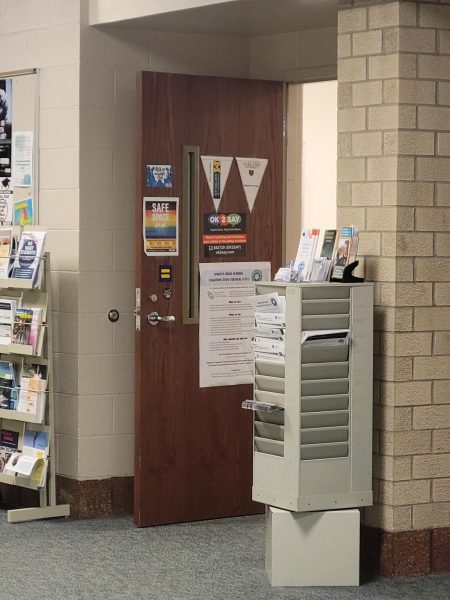
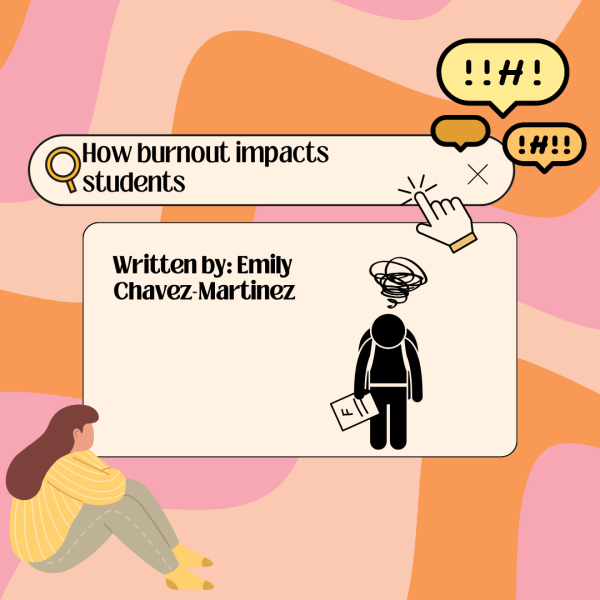
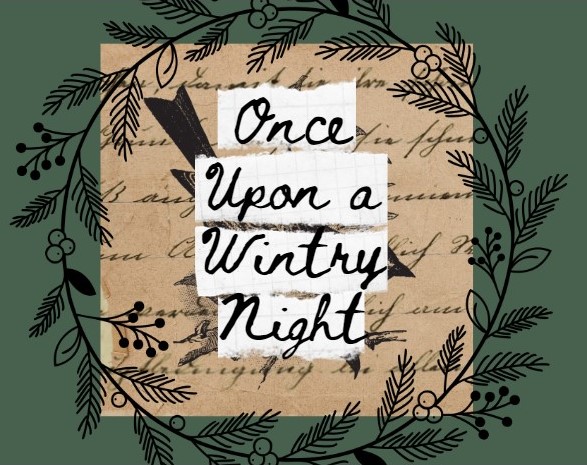
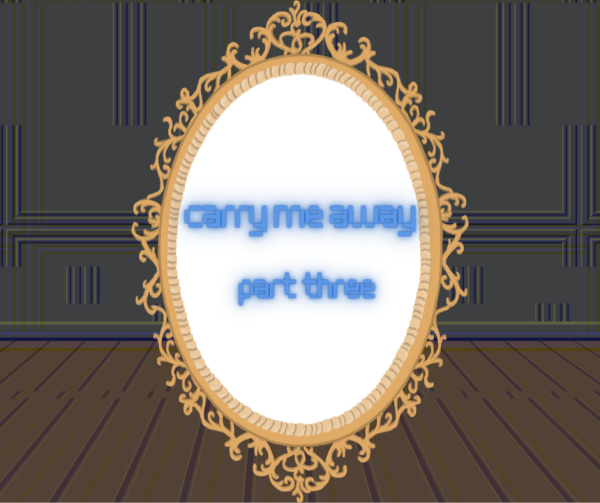








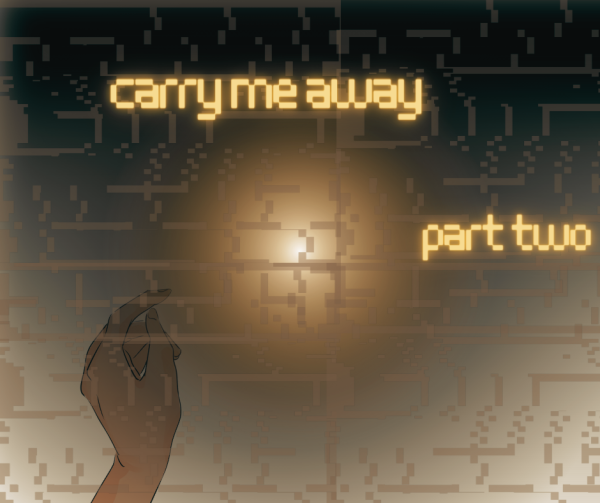

Josh Voss • Oct 2, 2020 at 2:01 pm
Kara Lukens is my hero.